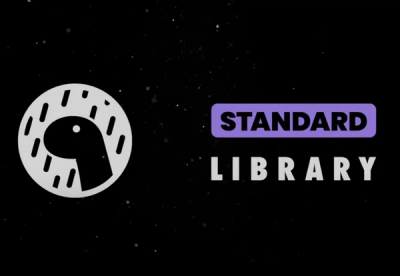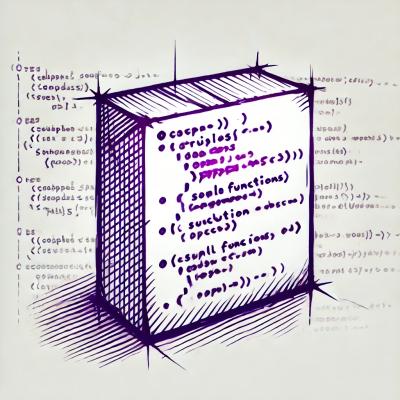Cloud Assembly Schema

This module is part of the AWS Cloud Development Kit project.
Cloud Assembly
The Cloud Assembly is the output of the synthesis operation. It is produced as part of the
cdk synth
command, or the app.synth() method invocation.
Its essentially a set of files and directories, one of which is the manifest.json file. It defines the set of instructions that are
needed in order to deploy the assembly directory.
For example, when cdk deploy is executed, the CLI reads this file and performs its instructions:
- Build container images.
- Upload assets.
- Deploy CloudFormation templates.
Therefore, the assembly is how the CDK class library and CDK CLI (or any other consumer) communicate. To ensure compatibility
between the assembly and its consumers, we treat the manifest file as a well defined, versioned schema.
Schema
This module contains the typescript structs that comprise the manifest.json file, as well as the
generated json-schema.
Versioning
The schema version is specified in the cloud-assembly.version.json file, under the version property.
It follows semantic versioning, but with a small twist.
When we add instructions to the assembly, they are reflected in the manifest file and the json-schema accordingly.
Every such instruction, is crucial for ensuring the correct deployment behavior. This means that to properly deploy a cloud assembly,
consumers must be aware of every such instruction modification.
For this reason, every change to the schema, even though it might not strictly break validation of the json-schema format,
is considered major version bump.
How to consume
If you'd like to consume the schema file in order to do validations on manifest.json files,
simply download it from this repo and run it against standard json-schema validators, such as jsonschema.
Consumers must take into account the major version of the schema they are consuming. They should reject cloud assemblies
with a major version that is higher than what they expect. While schema validation might pass on such assemblies, the deployment integrity
cannot be guaranteed because some instructions will be ignored.
For example, if your consumer was built when the schema version was 2.0.0, you should reject deploying cloud assemblies with a
manifest version of 3.0.0.
Contributing
See Contribution Guide




